Mozambique: Known death toll from cyclone rises to six
Mozambique: Myths, ignorance perpetuate macabre murders – NGO

FILE PHOTO - For illustration purposes only. [File photo: RM]
Analysts told Lusa on Wednesday that the strength of myths and the lack of legal culture perpetuate crimes for the extraction of human organs in Mozambique, mainly in rural areas and among the poorest.
“These are crimes that are associated with the myths and beliefs that being treated with human organs can provide wealth and well-being,” stressed Benilde Nhalivilo, executive director of the Civil Society Forum for Children’s Rights (ROSC), a Mozambican NGO, regarding “heinous crimes” that mainly target children.
Earlier this month, a father beheaded his daughter to sell her head for one million meticais (14,000 euros), in Gilé district, Zambézia province, central Mozambique.
The father and another man are under arrest for alleged involvement in the killing.
Read: Mozambique: PRM arrests alleged mastermind of gruesome infanticide
In central and northern Mozambique there have been frequent cases of murder of children, mainly albinos, for the extraction of human organs which are then sold for ritual purposes.
Poverty and illiteracy make families in rural areas vulnerable to grooming, says Benilde.
“In rural areas of Mozambique, there is a prevalent index of legal illiteracy that makes people unaware that the practice of this type of crime carries serious criminal consequences,” she stressed.
She noted that Mozambican laws severely condemn crimes against life and physical integrity, but fail in their preventive function, because they are unknown.
“Education and awareness are fundamental so that communities know that nobody gets rich from supposedly being treated with human body parts,” she said.
Feroza Zacarias, president of the Human Rights Commission of the Mozambique Bar Association (OAM), pointed to poverty and illiteracy as some of the causes of the prevalence of barbaric crimes in rural areas, including against children.
“There are harmful cultural beliefs that still have a lot of force and to which people adhere because they believe they can solve problems such as poverty, unemployment, illness and death,” said Zacarias.
Communities must be educated on respect for human rights and on the legal consequences of engaging in crime.
“It is not required that everyone be a jurist, but the teaching of human rights protection should begin in primary school, so that the child of today is not the monster of tomorrow”.
Célia Claudina, executive director of the Network of Communicators Friends of the Child (Recac), a Mozambican NGO, defended greater action among southern African states, noting that crimes for the extraction of human organs have a cross-border dimension.
” It is normal that one part of the crime chain is in Mozambique and the other is in Malawi or Tanzania and this connection requires a coordinated fight of the jurisdictions of all neighbouring countries”.
The activist also advocated a greater awareness of the communities about the macabre nature of crimes against life and physical integrity, noting that there is a lack of knowledge about the legal consequences of such crimes.
“In many cases, one notes the perplexity of the perpetrators of these crimes, because there are family members, including parents, who think that they can do whatever they want with the lives of their children”, she concluded.


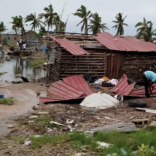
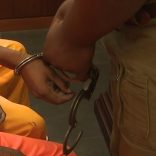
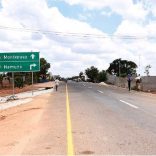



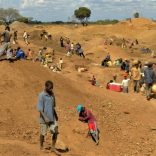

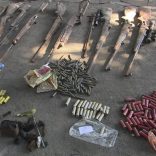

Leave a Reply
Be the First to Comment!
You must be logged in to post a comment.
You must be logged in to post a comment.